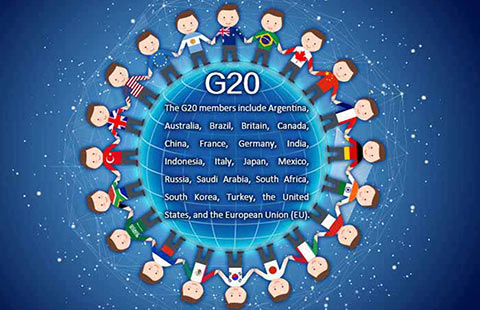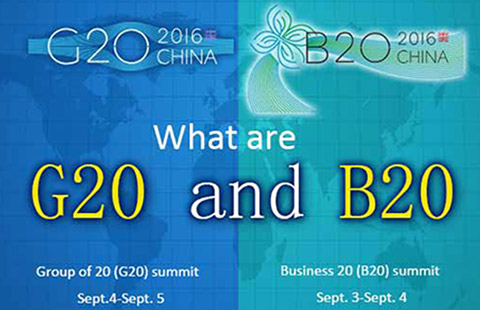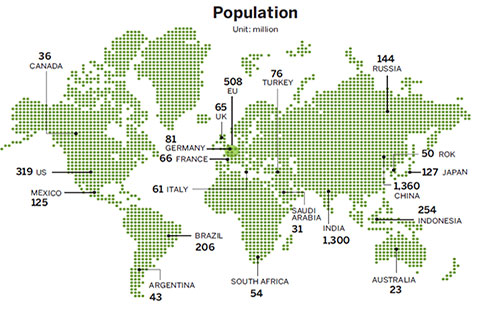SMEs access global markets
By Zhong Nan and Jing Shuiyu (China Daily) Updated: 2016-09-03 08:18China will facilitate the entry of small and medium-sized enterprises into the global value chain through new measures including policy support, innovation promotion, interconnected infrastructure facilities and inclusive trading platforms after the G20 Summit in Hangzhou, the Ministry of Commerce said on Friday.
Eager to enhance the earning ability of China's SMEs, the ministry has been making efforts to approve the action plan of the 2030 Agenda for Sustainable Development to seek new growth models and opportunities. Reform and innovation will be used to promote growth potential for them, Shen Danyang, spokesman for the Ministry of Commerce, said at a news conference in Beijing.
The United Nations adopted the 2030 Agenda in September 2015, with the major goals of eliminating poverty, addressing inequality and curbing climate change.
"These proposals, after approval by the summit, will transit from 'China plans' to joint actions among more countries. They could promote the status and influence of the G20 on global cooperation and inspire much enthusiasm," Shen said.
Huang Yanghua, an associate professor at the institute of industrial economics under the Chinese Academy of Social Sciences, said that small and medium-sized companies, when getting connected to the global value chain, would benefit from convenient market access, low-cost factors of production and innovation-oriented partners around the world.
"It's hard for most of the SMEs to meet the complex certification standards of the global value chain in terms of, for example, product quality, environmental protection and employment, " Huang said.
"To cope with the challenge, international organizations and governments need to work together to train the SMEs to get familiar with the procedures."
Another desired result, according to Shen, is to firmly support the multilateral trading system, and actively promote the Doha round of talks.
- Saudi company to use Ningxia coal
- Delivery groups test driverless vehicles
- Samsung to recall exploding phones
- Guidelines help promote venture capital
- Inclusive finance soars 'in middle of a whirlwind'
- Yum sells stake to Chinese firms for $460m
- G20 summit supply stocks fluctuate amid speculation
- SMEs access global markets

















